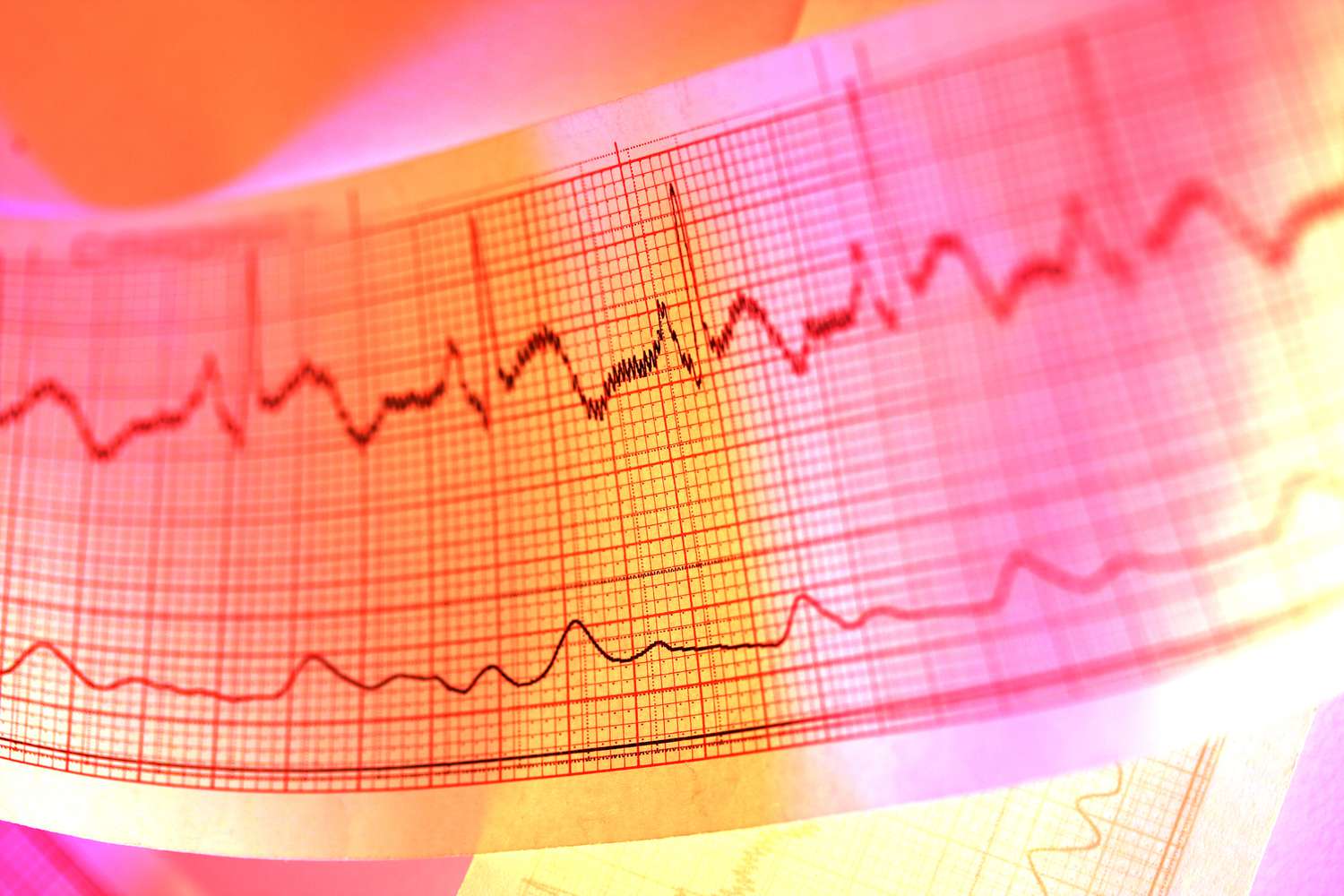The Vital Restaurants
- The FDA has released a compilation of 692 healthcare products leveraging AI and machine learning.
- The equipment is predominantly utilized in cardiology and imaging fields.
- AI enables users to efficiently organize and synthesize data, surpassing human capabilities in speed and effectiveness.
Artificial intelligence is currently making waves across various sectors, impacting stock selection, travel planning, and entertainment production. In contrast, machine learning plays a pivotal role in assisting healthcare professionals in processing extensive data for faster and enhanced diagnostic outcomes. While conceptual AI garners attention, practical applications in healthcare are gaining momentum. Regulatory bodies like the FDA are actively involved in overseeing these advancements.
The FDA recently unveiled a roster of 692 medical devices incorporating artificial intelligence and machine learning technologies, authorized through 510(k) clearance, De Novo request, or premarket approval. These designations signify rigorous testing ensuring their suitability for human use. While some devices have been in existence since the mid-1990s, 171 novel additions to the list employ machine learning in innovative ways.
Integration of Machine Learning in Medical Devices
Generative AI models like ChatGPT, Bard, or Bing have garnered recognition for their human-like conversational abilities. Despite this, a Carta Healthcare survey revealed that three out of four patients in the United States harbor skepticism towards AI in medical settings. Dr. Brad Bowman, Chief Medical Officer at Healthgrades, asserts that machine learning is a more reliable form of artificial intelligence, alleviating concerns surrounding AI adoption.
Dispelling the misconception that all AI is alike, Dr. Bowman explains that medical devices primarily utilize algorithms to process data, perform computations, and derive valuable insights. These devices excel in tasks such as data analysis, pattern recognition, and quantitative assessment, complementing human expertise rather than replacing it.
Using EKG systems as an example, Dr. Bowman illustrates the evolution of machine learning in healthcare. Initially employed for measuring heart electrical activity, these systems have progressed to offer early diagnostic indications. However, the interpretative capabilities of these devices still necessitate human oversight to validate and act upon the generated insights.
EKGs now boast enhanced predictive capabilities, enabling rapid analysis of vast datasets. Various medical specialties leverage this technology to develop diagnostic tools that expedite and refine disease detection processes, notably in cancer diagnosis.
Diverse Applications of Machine Learning
Radiology stands out as a domain embracing machine learning with enthusiasm, with 531 out of 692 FDA-listed products catering to this field. Dr. Bowman highlights how machine learning in radiology aids in synthesizing historical data to establish new benchmarks for normal and abnormal findings.
In the realm of radiology, computers outperform humans in analyzing complex imaging data, leading to more accurate diagnoses. By discerning subtle patterns and anomalies across images, machines enhance diagnostic accuracy and efficiency, revolutionizing medical imaging practices.
Dr. Evan M. Ruff, CEO of OXOS Medical, emphasizes the role of AI in enhancing imaging accuracy and patient care. AI applications in imaging not only reduce radiation exposure and errors but also streamline imaging processes for optimal outcomes.
Cardiology emerges as another AI-friendly domain, with 71 products tailored to cardiologists. Machine learning aids in swift detection of cardiac irregularities, exemplified by the Atrial Fibrillation History Feature, a recent FDA-certified innovation offering personalized heart rhythm monitoring.
As AI and machine learning progress, diverse fields like dermatology are poised to benefit from automated diagnostic capabilities. Leveraging AI’s image analysis prowess, dermatologists can enhance lesion identification and streamline diagnostic workflows, promising improved patient outcomes.
Implications for Healthcare Consumers
Machine learning accelerates data processing, empowering healthcare professionals with efficient tools for decision-making. While the FDA-approved medical devices harness machine learning and conventional AI technologies, it’s essential to recognize that physician oversight remains crucial in treatment planning, ensuring safe and effective healthcare delivery amidst technological advancements.






